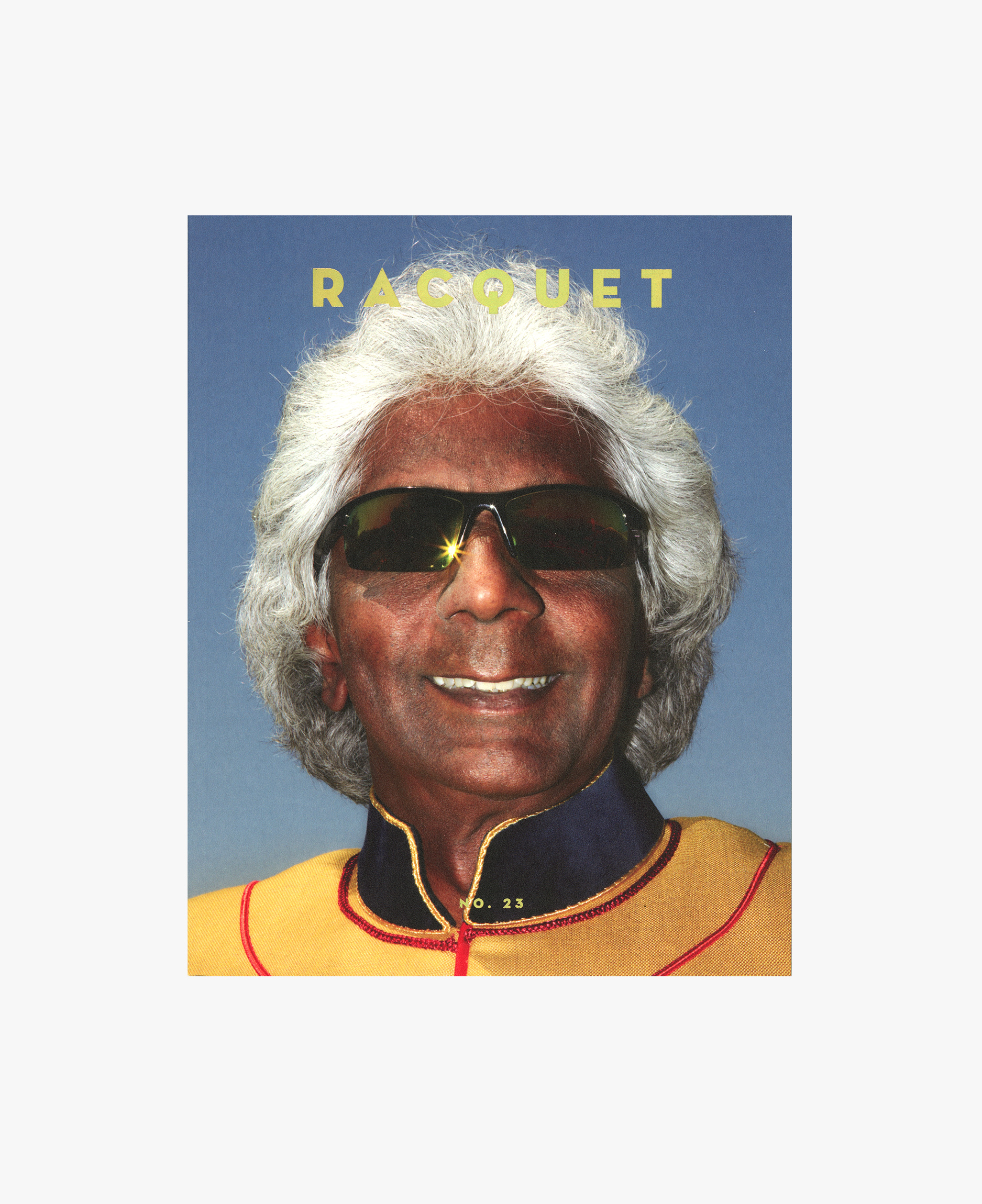By Giri Nathan
It took nearly a whole pro season, but Ben Shelton has finally done the impossible: won two consecutive matches at an event that is not a hard-court major. For the chirpy 21-year-old lefty, tennis progress is sort of playing out in reverse order. With a quarterfinal run in Melbourne to start the year and a semifinal run in New York last month, he proved himself at the highest level—and even did it loudly enough to provoke an exquisite troll job from the best player ever. But he’d floundered at the smaller events in between those two Slams. With this week’s quarterfinal run in Shanghai, Shelton proved that he can string together those best-of-three matches, too, here against some serious opposition. He took down the extremely in-form Roman Safiullin in round 2, then followed that up with a win against the freshly minted Beijing champ Jannik Sinner. That was Shelton’s first defeat of a top-five player of the year, and second to date, a sequel to the Casper Ruud upset last summer that put him on the map.
Shelton wasn’t the only U.S. twentysomething flourishing this week. It’s as if they all woke up at the same time. Seven American men made it into round 3 of the Masters event, and several of them did so by taking down a top player. That includes Seb Korda, the 23-year-old with technique so pure his colleagues can’t help but gush: “One of the players that has kind of the cleanest striking technique that you can see on the tour. I mean, he’s so talented. Everything seems very flawless with him,” said Novak Djokovic earlier this year. Aesthetics aside, Korda has had a low season but is finishing hot. He made the Astana final last week—losing only to the ping-pong god Adrian Mannarino—and he has kept pace in Shanghai, taking out Daniil Medvedev. If Korda’s technique is textbook, Medvedev’s technique is the doodles scrawled in its margins, two disparate paths to magnificent baseline play. Korda won in straight sets, producing one of the points of the year en route. That was his first-ever win against a top-five player, and his second win against Meddy in particular.
Medvedev and Sinner were not exceptions; Shanghai sent pretty much all the top seeds tumbling. Only one top 10 player—Andrey Rublev—even made it into the quarters, which is another reminder of the funk of late-season tennis, when the players are worn out, the biggest events are over, and there’s just a little bit of string left to play out. But unlike the sleepiness of some autumns past, the overall match quality has been excellent. Korda and Shelton, both discovering some of the best tennis of their brief careers, wound up the last two Americans standing in Shanghai. Their rendezvous was the first all-American quarterfinal at a Masters event in six years, another sign of the shifting fortunes of U.S. men’s tennis, which was for so long the story of serve-and-forehand also-rans.
The young American dudes are no monolith, and these two are on opposite ends of the spectrum in terms of on-court disposition. Korda stands apart from the frattier elements of his cohort. His demeanor is totally old-school, old-world even: composed, inwardly driven intensity; firm little fist pumps. Shelton, meanwhile, is importing the college tennis experience wholesale into the pros: incessant yelping, full-throated celebrations that he’ll either age out of or impose onto the game’s culture. Personally, I like the dash of flavor, and think it could be a boon for a sport increasingly out of sync with the norms of the modern sports; I also just enjoy watching it grate on the old heads. Their actual tennis was pretty spectacular as well. Shelton’s gargantuan serve is one of the deadliest shots on the men’s tour, and his 17 aces in this three-setter stand as proof. Korda couldn’t touch it at all in the first set, which he lost in a tiebreak, but broke thrice in the second set as Shelton’s energy dipped. They exchanged breaks in the third set, which would resolve in another tiebreak, where Korda found his masterstroke. Two hours and 47 minutes into the match, Korda was reading Shelton’s delivery well enough that a 138-mph body serve could be redirected for a clean inside-in backhand winner. It was so hilariously good that Shelton had to compliment him about that specific shot during the handshake that followed Korda’s 6–7(10), 6–2, 7–6(6) win. Game recognizes game. And when was the last time the American men had this much game?
Above: Game recognizes game. Ben Shelton and Seb Korda in Shanghai yesterday. (Alamy)



